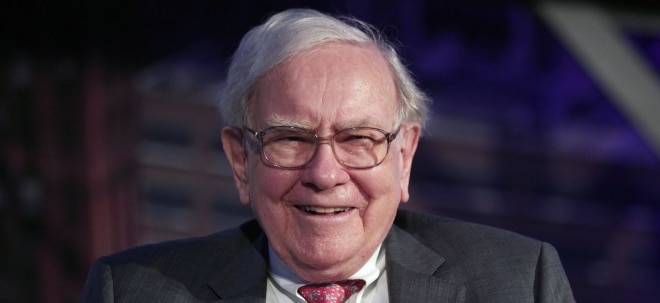Kazakhstan: China Gets a Share in Uranium Mine
By BLOOMBERG NEWS
Published: November 13, 2007
China will get a stake in a 2,000-ton-a-year uranium mine in Kazakhstan in exchange for its share in a uranium-processing business, the state-owned company Kazatomprom said. The company’s president, Moukhtar Dzhakishev, said in Almaty that the company would gain access to Chinese assets, without elaborating. Kazatomprom said on Oct. 12 it signed agreements in Beijing with the China Guangdong Nuclear Power Group and the China National Nuclear Corporation, China’s largest producers of atomic energy.
'Nuclear power worth the waste'
Radioactive waste is a topic supporters of nuclear power plants try to avoid. The Nation's Pennapa Hongthong tried to get answers on this issue from nuclear physicist Pricha Karasuddhi, vice president of Nuclear Society of Thailand, during a roundtable discussion at the Thai Journalists' Association.Published on November 12, 2007
How will Thailand plan to deal with radioactive waste?
Each country has its own method of waste management. Before the International Atomic Energy Authority imposed a ban on reuse of plutonium, the big five of Russia, the United States, France, the United Kingdom and Japan all reprocessed waste for reuse. These countries now have their own ways of handling waste. Nuclear waste is not something that can be spread around; it's a solid stack containing plutonium, some remaining uranium 235 and other radioactive materials.
My question was about Thailand. How do you propose waste management as a supporter of the plan to build a nuclear plant?
Well, we keep it inside the power plant in a pool of water for three to five years. Then we have to take it out of the water because the container is made of steel and could rust. We have to keep it in a dry place. But since the stuff inside is still radioactive, we have to find a way to prevent radioactive leakage. We have to put it in concrete tanks of helium. It's for multi-protection. We can store the tanks inside the plant.
How long do we have to keep it?
As long as the life of the power plant, 40 to 50 years. If we build more plants in future, we may have to find a new place to store the tanks.
The half-life of plutonium is tens of thousands of years.
How can we store it securely for that long?
Why are you asking these questions? Don't you see that those Roman or Greek pillars stand for hundreds of years. Nobody seems to be bothered by them.
What kind of comparison is that?
[no answer]
So how much waste are we talking about storing if we were to build a 1,000MW plant?
I'm not sure. Do your own calculation. We use about 30 tonnes of uranium a year. That amount produces waste that fits in a half-tonne concrete storage tank. What I'm sure of is that we won't reprocess the waste. Look at the US. It has used nuclear power for 40 years already, and the [combined] storage space is only the size of a football field.
Do we have enough nuclear scientists to operate nuclear plants?
More than enough. We have produced 30 master graduates per year. But they are forced to take other jobs. If we decide to go nuclear, these scientists can demonstrate their expertise. Look at me. I'm now 70.
Some critics said the early generations of nuclear graduates like yourself support Thailand going nuclear simply to make your dream come true because you were left stranded for several decades with nothing to do.
That's not true. I had other jobs. Now I'm retired, but still working because the government asked me to help. I don't want future generations of nuclear graduates to ask why my generation allowed the country to be without a nuclear plant, the way I questioned my predecessors 30 years ago.
So building a nuclear power plant is your ultimate dream?
Of course, the government may decide not to build it in the end, but we'll be satisfied to at least do a feasibility study. I still think nuclear power is necessary for Thailand. We should keep oil for automobiles.
|


 Thread abonnieren
Thread abonnieren

